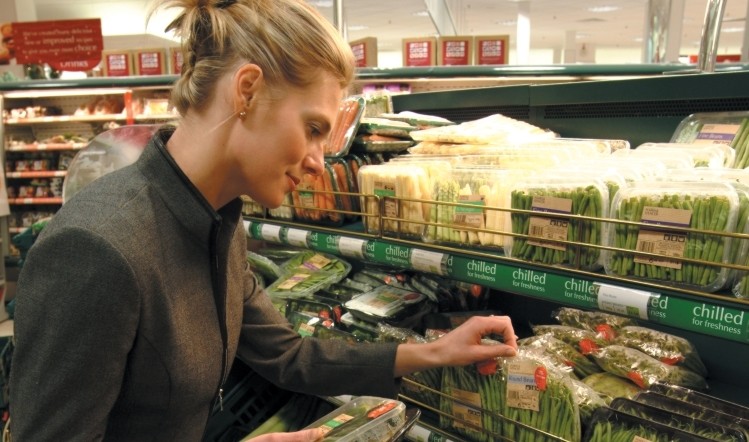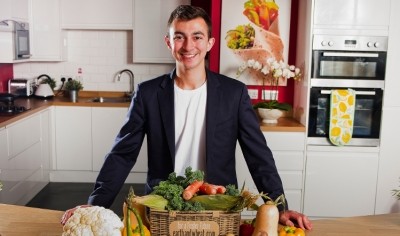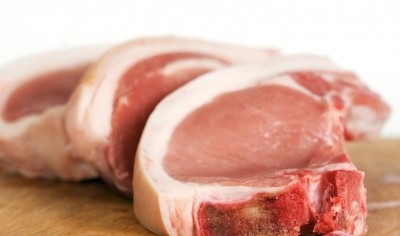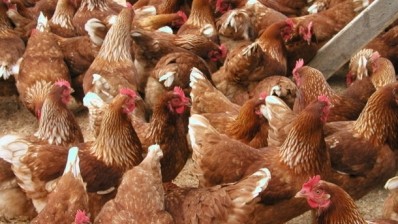UK ethical food sales worth £8.2bn

The sales of organic, Fairtrade, Rainforest Alliance and Marine Stewardship Council certified products rose 43% from £5.7bn in 2013, with a further 4% growth projected this year to £8.6bn. Ethical food sales would rise 17% to £9.6bn between 2019 and 2023, Mintel claimed.
A majority of adults (83%) said they had bought food or drink with some sort of ethical accreditation, with people aged oved 55 the most likely to do so (87% of adults).
However, while ethical food consumption was on the rise, cost was a significant barrier to uptake. Up to 70% of UK adults said eating sustainably/ethically was harder when money was tight, while a further 60% said it was difficult to know the difference between various accreditation schemes.
Ethical on a budget
Mintel research analyst Alice Baker urged companies to demonstrate to consumers how they could shop ethically without breaking the bank and how ethical products could – in some cases – even be the ‘financially-savvy’ option.
“Drawing attention more strongly to where standard own-label products have ethical certifications would allow retailers to demonstrate to shoppers that they can buy ethically and potentially save money too,” said Baker.
“Products using surplus produce, for example the ‘wonky veg’ boxes offered by various supermarkets, can also be presented as both a financially-savvy option and an ethical one to tackle food waste.”
Free-range
Of the ethical foods bought by UK consumers, free-range ranked as the most widely bought food (66%). Animal welfare (45%) was the number one reason for buying any food or drink with an ethical certification.
“Free-range is a long-established label that spans various products, including eggs, poultry and – latterly – dairy products, including milk and yogurt. The intuitively tangible animal welfare image of free-range undoubtedly underpins its popularity.” Baker added.
This was followed by Fairtrade (53%), foods with Red Tractor certification (49%), and organic (30%). Products carrying a Rainforest Alliance certification were favoured by a third of 16- to 34-year-olds (32%) compared to an average of 25% among all Brits.
Meanwhile, sales of organic food in the UK grew 5.3% in 2018 to £2.33bn, boosted by consumer interest in free-from options and healthy eating, according to a report by certification body the Soil Association.
















